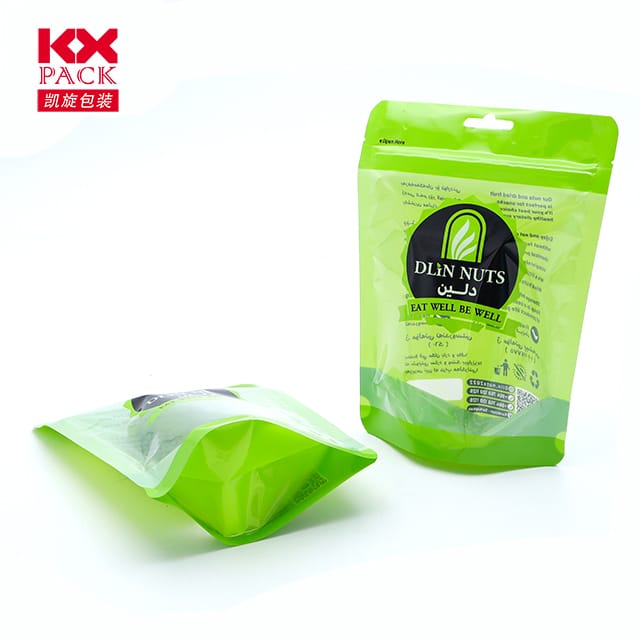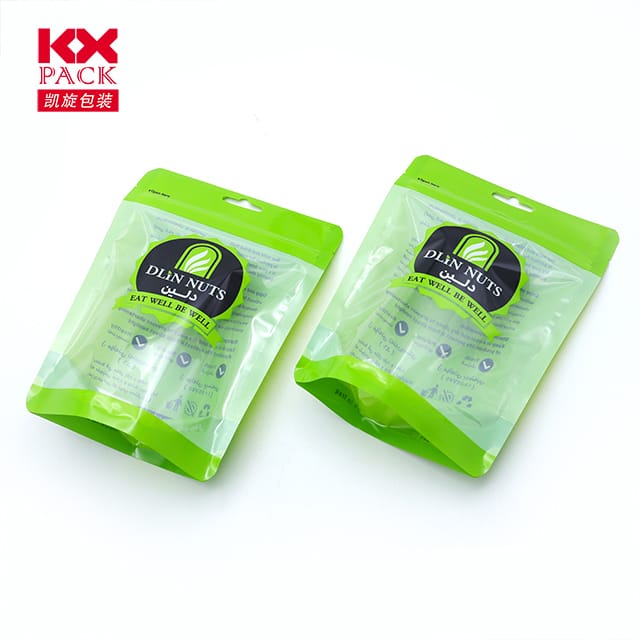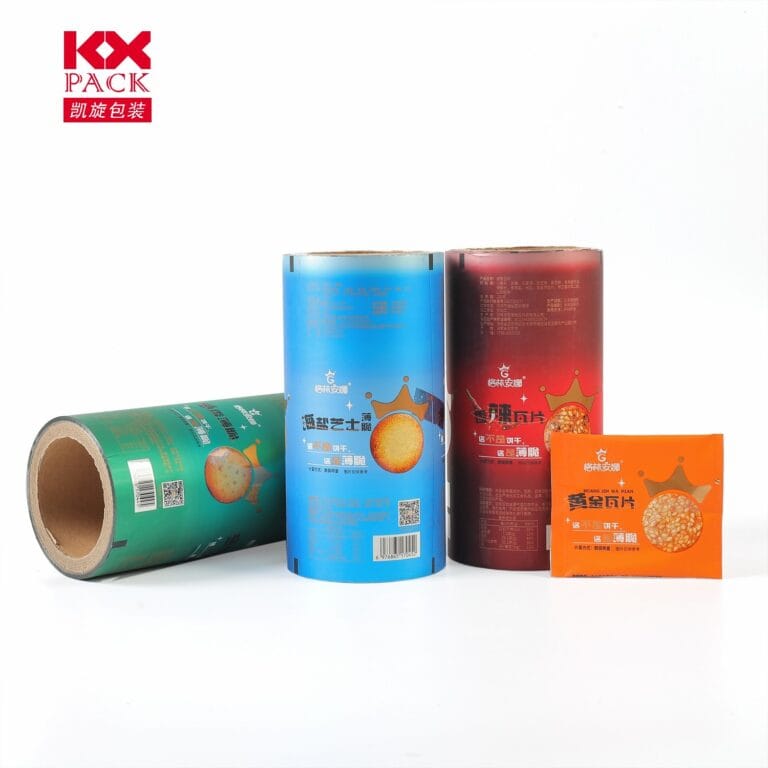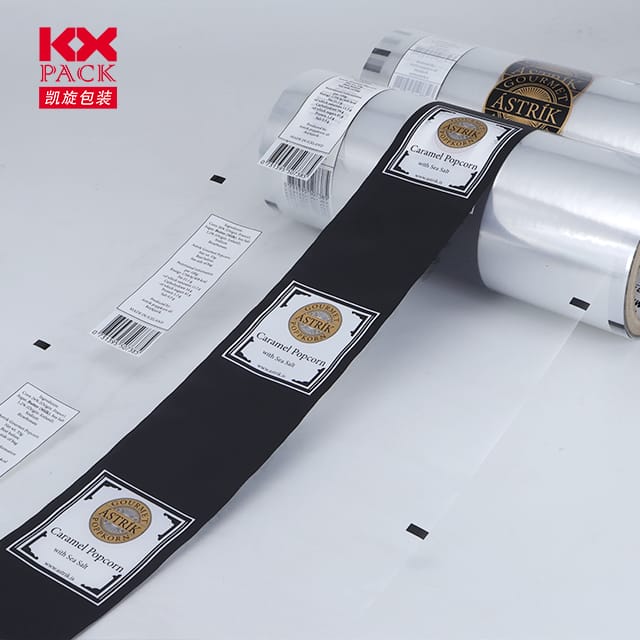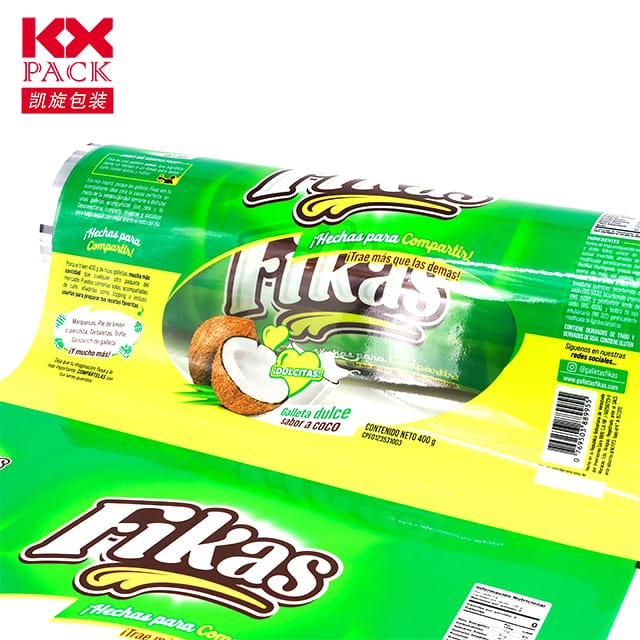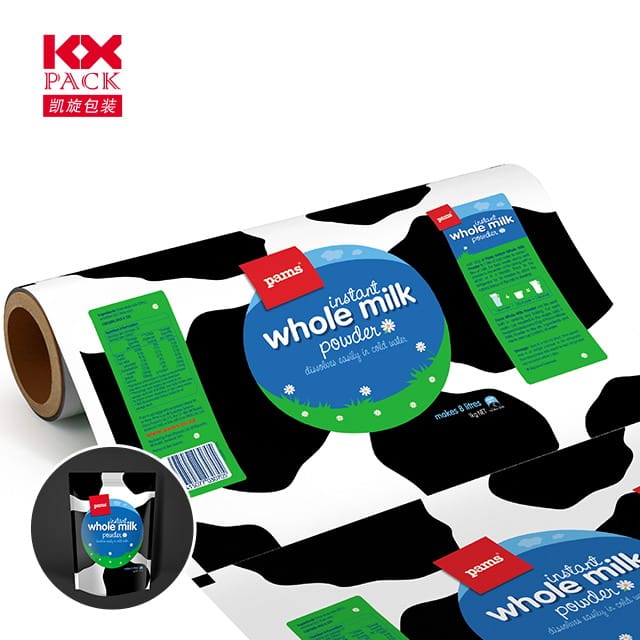Budućnost pakiranja filmova: Inovacije, Održivost, i izvan (2)
Packaging Films
Uvod
In a world where sustainability and functionality are king, Filmovi za pakiranje igraju kritičnu ulogu u zaštiti proizvoda, Povećavanje žalbe na police, i smanjenje utjecaja na okoliš. Od očuvanja hrane do farmaceutske sigurnosti, Ove tanke, Fleksibilni materijali su dizajnirani kako bi zadovoljili različite potrebe. Ali s rastućom zabrinutošću zbog plastičnih otpada i razvijajućih zahtjeva potrošača, the future of packaging films is poised for a revolution. Istražimo najnovije trendove, inovacije, and challenges shaping this dynamic industry.
1. Vrste filmova za pakiranje: A Primer
Packaging films come in various forms, each tailored to specific applications:
- Plastični filmovi: Traditional polyethylene (PE), polipropilen (PP), and PVC dominate due to their durability and cost-effectiveness.
- Biorazgradivi filmovi: Made from plant-based polymers (Npr., PLA, PHA) or compostable materials, these reduce landfill burden.
- Barrier Films: Designed to block moisture, kisik, or UV light, ideal for perishables or sensitive electronics.
- Shrink Films: Heat-activated to conform tightly around products for tamper evidence and product stability.
- Specijalni filmovi: Include anti-fog, antimicrobial, or conductive coatings for niche applications.
2. Key Industries Driving Demand
- Hrana & Piće: Extends shelf life, ensures hygiene, and enables portion control. Think snack packs, fresh produce wraps, and beverage pouches.
- zdravstvo: Sterile packaging for medical devices, farmaceutski proizvodi, and IV bags.
- E-trgovina: Durable films protect goods during shipping and enhance unboxing experiences.
- Elektronika: Static-resistant films safeguard sensitive components.
3. Održivost: The New Frontier
The global push for eco-friendly solutions is reshaping the packaging film landscape:
- Bioplastics & Compostables: Brands like Danone and Nestlé are adopting PLA-based films for dairy and water bottles.
- Modeli kružnog gospodarstva: Recyclable films made from post-consumer waste (PCR) reduce virgin plastic use.
- Chemical Recycling: Emerging technologies break down mixed plastics into raw materials for new films.
- Regulatorni pritisak: EU’s Single-Use Plastics Directive and similar policies worldwide are phasing out non-recyclable films.
4. Innovation Highlights
- Pametno pakiranje: Films embedded with sensors or QR codes track freshness, temperatura, or authenticity.
- Aktivno pakiranje: Releases preservatives (Npr., antioxidants) to extend food shelf life.
- Nanotehnologija: Enhances barrier properties with nano-clays or silver nanoparticles for antimicrobial effects.
- 3D Printing: Customizable, on-demand packaging reduces material waste.
5. Izazovi i mogućnosti
- Trošak vs. Održivost: Biodegradable films are pricier than conventional plastics. Scaling production could drive down costs.
- Infrastructure Gaps: Recycling facilities for advanced films (Npr., multilayer barriers) are limited.
- Obrazovanje potrošača: Clarifying labels (Npr., “home compostable” vs. “industrially compostable”) prevents greenwashing.
Zaključak
Packaging films are no longer just about protection—they’re about innovation, responsibility, and resilience. As industries balance performance with planet-friendly practices, we’re likely to see more hybrid materials, closed-loop systems, and tech-driven solutions. Za tvrtke, investing in sustainable packaging isn’t just ethical—it’s a strategic move to meet evolving regulations and consumer preferences.
FAQs
- Are biodegradable films truly eco-friendly? Da, but only if disposed of in industrial composting facilities.
- Can recycled films match the performance of virgin plastics? Advances in PCR technology are narrowing the gap.
- What’s the next big thing in packaging films? Look out for edible films (Npr., seaweed-based wraps) and self-healing materials.
The future of packaging films is bright, fleksibilno, and increasingly green. What innovations would you like to see in this space? Podijelite svoje mišljenje u nastavku! 🌱📦

